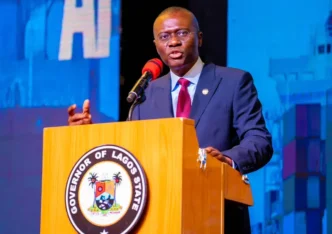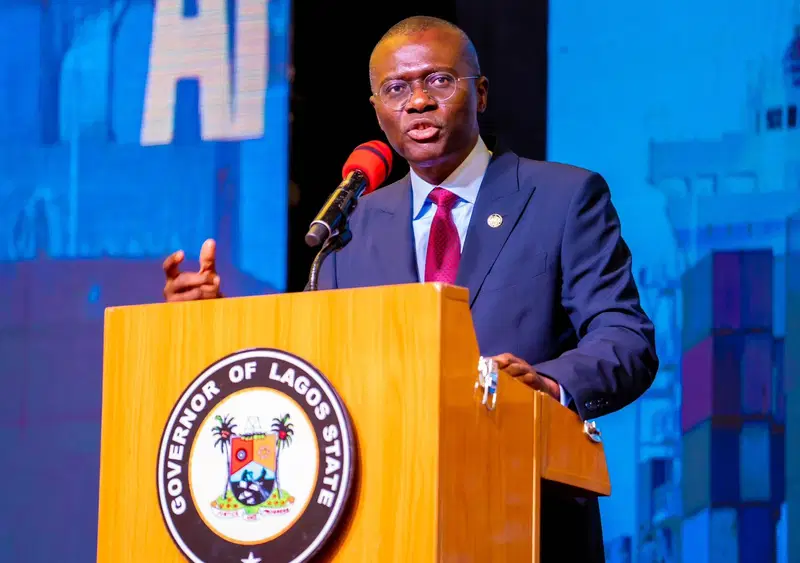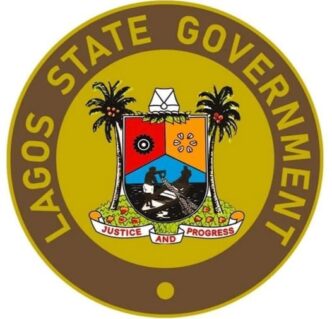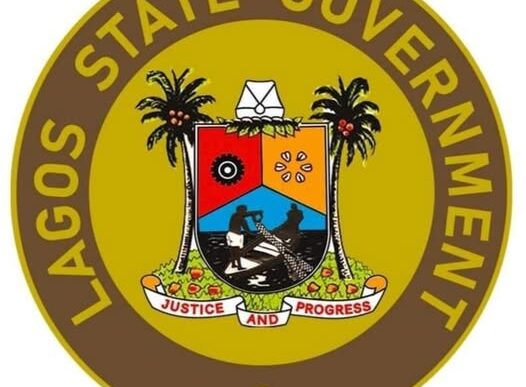The Lagos State Government has begun full-scale enforcement of its ban on single-use plastics under 40 microns, marking a significant push in its fight against environmental degradation and public health risks.
EpeInsights learnt that the enforcement operation, led by the Lagos State Environmental Sanitation Corps (KAI), kicked off this week with targeted raids across major markets, including Alakoro on Lagos Island, Bolade in Oshodi and Ojuwoye in Mushin.
During the raids, KAI officers seized large volumes of banned plastic products, including disposable cups, plastic straws, cutlery, and lightweight nylon bags, items that are widely used and carelessly discarded, often ending up in drainage systems and waterways.
According to KAI Corps Marshal, retired Major Olatunbosun Cole, the initiative is not only about cleaning up the environment but about fostering behavioral change, addressing the city’s flooding challenges and protecting public health.
“This is about more than just sanitation. It’s about protecting our environment, tackling urban flooding, and safeguarding public health,” Cole stated, urging traders to embrace reusable and environmentally friendly alternatives.
The enforcement follows an 18-month grace period during which the government engaged various stakeholders, including manufacturers, food vendors, and informal market traders.
These engagements aimed to prepare businesses for the transition by highlighting the dangers of plastic pollution and offering guidance on alternative packaging options.
Despite these efforts, many markets across Lagos have continued to stock and distribute banned plastics, prompting the state’s decision to move forward with active enforcement as of July 1, 2025.
Lagos, one of the fastest-growing megacities in the world, produces approximately 15,000 metric tonnes of waste daily.
A significant portion of this waste is plastic, most of which ends up clogging drainage systems and contributing to the city’s recurring flooding.
The Lagos Waste Management Authority (LAWMA) has long identified single-use plastics as a major source of this problem. With Lagos also ranking high among coastal cities contributing to marine plastic pollution in the Gulf of Guinea, the urgency for action has become undeniable.
The renewed clampdown is in line with Governor Babajide Sanwo-Olu’s T.H.E.M.E.S+ agenda, particularly the environmental sustainability pillar. It also mirrors global environmental movements, including the UN Sustainable Development Goals on climate action, sustainable cities, and responsible consumption.
While environmentalists have praised the government’s action, some traders remain concerned about the cost of switching to more sustainable alternatives.
In response, the government has promised continued support for small businesses, including training and partnership opportunities with local packaging innovators.
During a media briefing, officials reiterated that enforcement will be sustained across all local government areas until compliance is widespread.
They also encouraged residents and traders to become active participants in the fight against plastic pollution by choosing reusable products, supporting recycling efforts, and reporting violations to relevant authorities.
The banned items under this initiative include low-grade plastic bags, disposable cutlery, straws, and Styrofoam containers items that are now considered illegal for sale or distribution in Lagos markets.
As Lagos continues to grapple with the realities of climate change and urban waste, this decisive step marks a significant shift toward a cleaner, healthier, and more sustainable future for the state.











